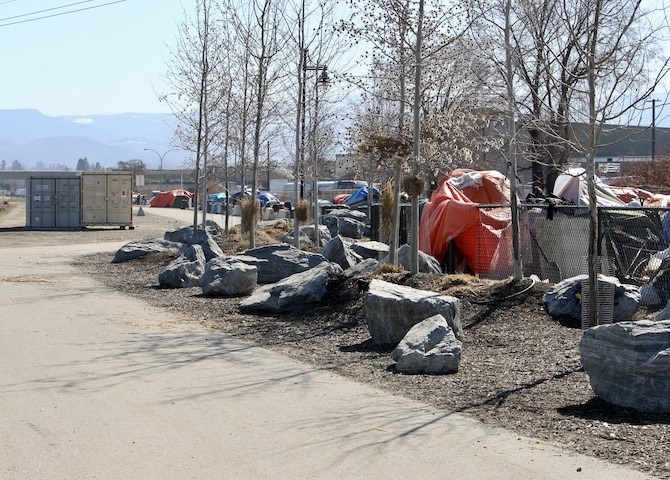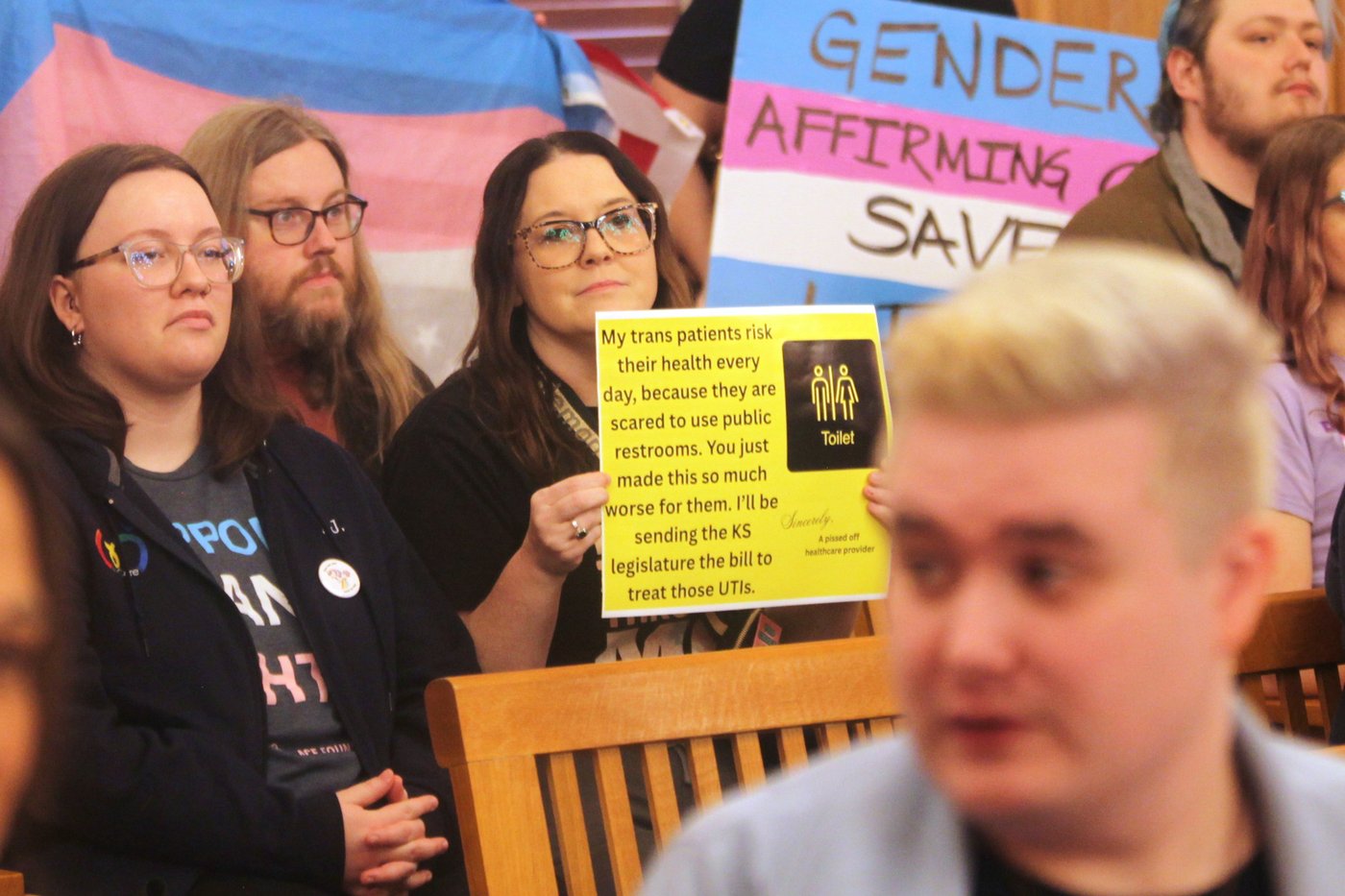Why homelessness will only get worse in the Okanagan, Kamloops

It’s no surprise to Stephanie Gauthier that there’s an ever-increasing number of people living on the streets of Kelowna and other cities throughout B.C.
As executive director of the Journey Home Society, she is trying to eliminate homelessness in the Central Okanagan but instead, she’s seeing dramatically increasing numbers of people living on city streets – with the very good likelihood of the numbers nearly doubling in the coming year.
Last May, she forecast an average of 144 people would be without shelter in Kelowna this winter if the provincial government didn’t step in provide more housing.
Her data shows there were an average of 148 sleeping rough this winter.
“Making a prediction eight months in advance, we were off by four people,” Gauthier told iNFOnews.ca. “We knew this crisis has been on the way for years. There just hasn’t been action fast enough for us not to be hit by this tsunami.”
She’s now forecasting the number of people living without homes in Kelowna to grow by another 100 before next winter.
“We shouldn’t have 200 people sleeping outdoors in the summer either,” Gauthier said. “We need to see action on housing.”
Along with those living on city streets, there are as many as 273 people in emergency shelters on any given night.
While Kelowna has a higher cost of living than Kamloops or other Okanagan communities, the problem is growing everywhere in the province.
That’s where the provincial government has just not stepped up to the plate.
READ MORE: Homeless shelter operators in Okanagan, Kamloops tired of gov't downloading, inaction
Years ago, for example, Alberta indexed housing subsidies to inflation for those living with disabilities.
“That’s a really big missing piece here,” Gauthier said.
In B.C.’s 2023 budget, tabled in late February, housing supports for those with disabilities increased by $125 per month. That’s the first increase since 2007 and doesn’t kick in until July.
But it goes far beyond helping those with disabilities.
More and more people who are “falling into homelessness” are seniors on low fixed incomes. Even with rent supports, their incomes fall far below the cost of renting.
READ MORE: Okanagan society working to keep people out of shelters one landlord at a time
Low income working families are also at risk.
There was an increase announced in the budget to the Family Tax Credit, putting it up to as much as $900 for a family of four, up from $500.
“Certainly, every bit helps,” Gauthier said. “But that isn’t going to prevent that family of four from falling into homelessness. It’s not going to change the precarity of their situation when they have to choose between paying rent or buying food that month.
“We recognize that not everything can be perfect but we really do need to take a long deep look at rental supplements and the cost of housing because it’s still certainly out of alignment.”
Last May, in her presentation to Kelowna City Council that also went to B.C. Housing, she said the city needed 516 new supportive housing units over four years to meet the need, or 129 per year.
“We don’t have those and I haven’t heard anything to indicate that we’re going to catch up and get 260 units this year,” Gauthier said. “Sometimes I feel there’s a delineation in understanding the crisis between those of us who directly work in the service and see it every day and different levels of government and decision making.”
READ MORE: Here’s what it costs to house the homeless
In some senses, the general population has become used to seeing tents lining city streets and, in Kelowna’s case, along the popular Rail Trail.
“There’s still, I think, this kind of belief that people who are on the streets are there as a result of a moral failing in their lives,” Gauthier said. “The more well off you are, the more you are removed from understanding all of the factors that can lead to poverty and homelessness.”
She sees the federal government – “as removed as they are from the trenches, so to speak” – as having a deeper understanding of the problem through its Reaching Home program with its goal to reduce chronic homelessness by 50% by fiscal year 2027-28.
And, while chronic homelessness is a complex issue with many of its victims battling mental illness and drug addiction, preventing people from becoming homeless in the first place is also huge.
Local governments and organizations need to push much harder to get the province to address the affordability issue, she said. Journey Home and local non-profit agencies can only do so much.
“We continue to work and we continue to advocate and we continue to paint the picture, no matter how scary it can be,” Gauthier said. “But ultimately, it’s people in decision-making places that lay outside our immediate sector – they need to feel the urgency and the crisis that those of us that work in this space have been feeling for years.”
Despite seeing homelessness trending in the wrong direction, she’s not giving up.
“We know this is a long game,” Gauthier said. “I’ve helped house thousands of people in my career and I know there are so many more that will need us and will rely on us as we go forward. You get up every day and you do everything you can, just like everyone in the sector continues to do. I think there has to be a reckoning of understanding and action, particularly in B.C.”
To contact a reporter for this story, email Rob Munro or call 250-808-0143 or email the editor. You can also submit photos, videos or news tips to the newsroom and be entered to win a monthly prize draw.
We welcome your comments and opinions on our stories but play nice. We won't censor or delete comments unless they contain off-topic statements or links, unnecessary vulgarity, false facts, spam or obviously fake profiles. If you have any concerns about what you see in comments, email the editor in the link above.



